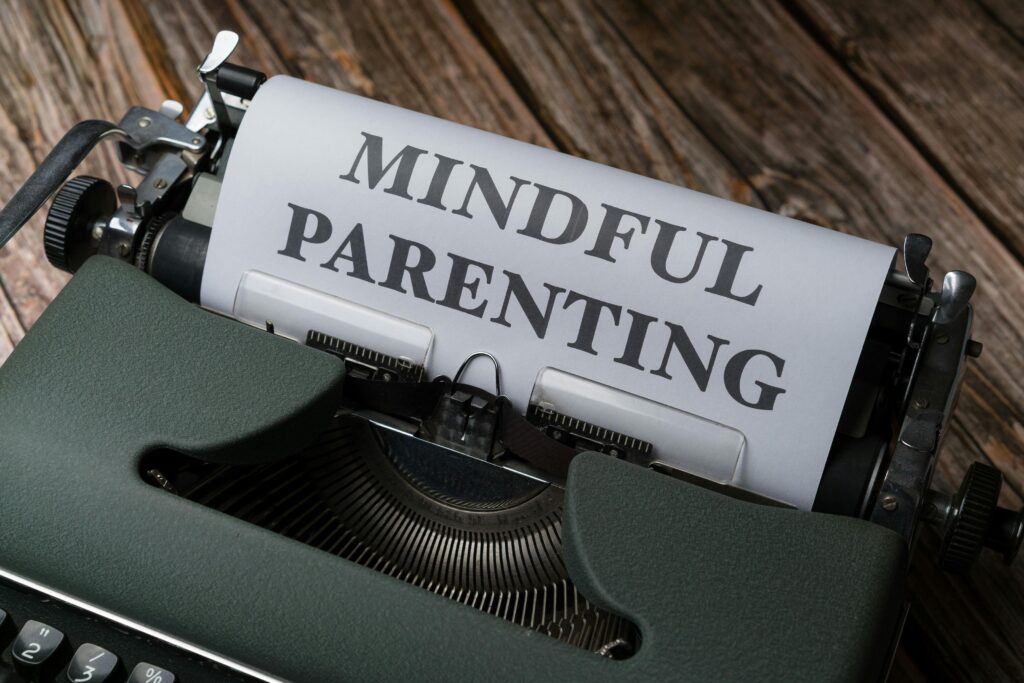Introduction:
Karuna, the Buddhist concept of compassion, has transcended spiritual boundaries to inspire humanitarian efforts worldwide. In this exploration, we’ll look into the profound teachings of Karuna and witness its embodiment in the transformative work of The Parents Circle-Families Forum (PCFF). Established in 1995 by bereaved Israeli families, the PCFF serves as a living testament to the potential of compassion in healing the wounds of conflict and fostering reconciliation.
Understanding Karuna in Buddhist Philosophy
To comprehend the significance of Karuna, we first need to go into some Buddhist philosophy. Karuna, often translated as compassion, goes beyond mere sympathy to encompass an active desire to alleviate the suffering of others. Rooted in empathy and kindness, Karuna seeks to dissolve the boundaries that separate individuals and promote a sense of interconnectedness.
Karuna in Action: Beyond Words to Deeds
Karuna is not a passive sentiment but a call to action. It urges individuals to engage in compassionate deeds that alleviate suffering and contribute to the well-being of others. As we explore the teachings of Karuna, we lay the foundation for understanding how these principles manifest in the activities of the PCFF.
Genesis of Healing: A Personal Tragedy
The PCFF was born out of the personal tragedy of Yitzhak Frankenthal, whose son Arik was kidnapped and killed by Hamas in 1994. Confronting the immense pain of loss, Frankenthal chose a path divergent from revenge, opting for reconciliation. This pivotal moment marks the inception of an organization dedicated to healing wounds and fostering peace.
Embracing Reconciliation: The Core Principle
At the heart of the PCFF lies a commitment to reconciliation as a prerequisite for sustained peace. We explore how the organization brings together bereaved Israeli and Palestinian families, bound by a shared understanding of profound loss, to promote dialogue, understanding, and ultimately, reconciliation.
Karuna in Practice: PCFF’s Compassionate Initiatives
Dialogue Encounters: Sharing Stories of Loss and Hope
The PCFF’s “Dialogue Encounters” program provides a platform for bereaved families to share their personal narratives and messages of reconciliation. Through these encounters, we witness the embodiment of Karuna as individuals actively engage in dialogue, fostering empathy and understanding.
Narrative Project: Fostering Mutual Understanding
Since 2010, the PCFF has undertaken the Narrative Project, uniting Israelis and Palestinians from similar backgrounds in regular meetings. Through the ‘Parallel Narrative Experience,’ participants seek mutual understanding, echoing the Buddhist principles of Karuna by recognizing the shared humanity in their stories.
The Reconciliation Center: A Hub for Understanding
Examining the activities of The Reconciliation Center, we see how the PCFF promotes public debate, awareness, and understanding about the reconciliation process. The center serves as a physical embodiment of Karuna, inviting Israelis and Palestinians to participate in activities that transcend political boundaries.
Annual Summer Camp: Nurturing Trust and Understanding
The PCFF’s annual summer camp provides a unique space for bereaved Palestinian and Israeli youth to engage in activities fostering trust and understanding. As we explore this initiative, we witness how Karuna guides the organization in nurturing the seeds of compassion among the younger generation.
Extending Compassion Beyond Borders
In 2002, the PCFF initiated the “Hello Shalom” phone hotline, allowing free communication between Israelis and Palestinians. This project exemplifies the organization’s commitment to breaking down barriers and fostering connections, aligning with the expansive nature of Karuna.
The PCFF’s venture into social media with the “Crack in the Wall” Facebook group showcases how Karuna extends to the virtual realm. By using technology to humanize the conflict, the PCFF strives to create spaces for conversation, engagement, and collaboration among diverse sections of society.
Global Impact and Recognition
The PCFF’s engagement with political leaders, including Yassir Arafat, Shimon Peres, and King Abdullah, demonstrates the organization’s commitment to advocating for the importance of reconciliation in political agreements. We examine how these interactions align with the principles of Karuna.
The PCFF’s presence in documentaries like “Encounter Point,” “Two Sided Story,” and others amplifies the voices of reconciliation. Through the lens of Karuna, we explore how these documentaries contribute to a broader understanding of the organization’s impact on a global scale.
Conclusion
In this blog post, we’ve seen how the teachings of Karuna are found in the compassionate initiatives of The Parents Circle-Families Forum. From dialogue encounters to global recognition, the organization exemplifies the transformative power of compassion in healing the wounds of conflict. As we conclude, we reflect on the enduring message of Karuna: that true healing and peace emerge from understanding, empathy, and a shared commitment to reconciliation. The PCFF stands as a living testament to these timeless principles, offering hope for a more compassionate and harmonious world.
